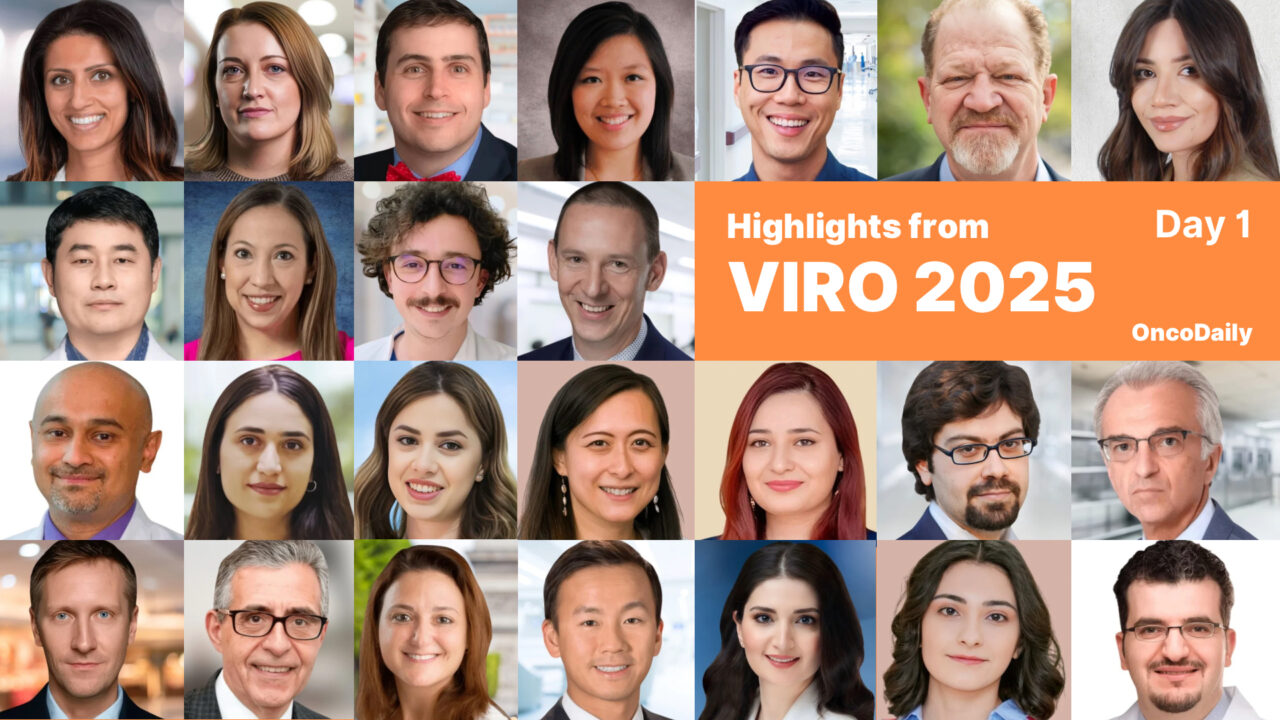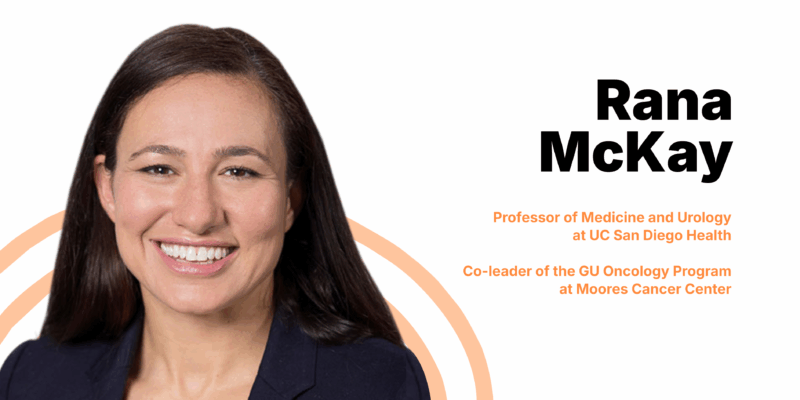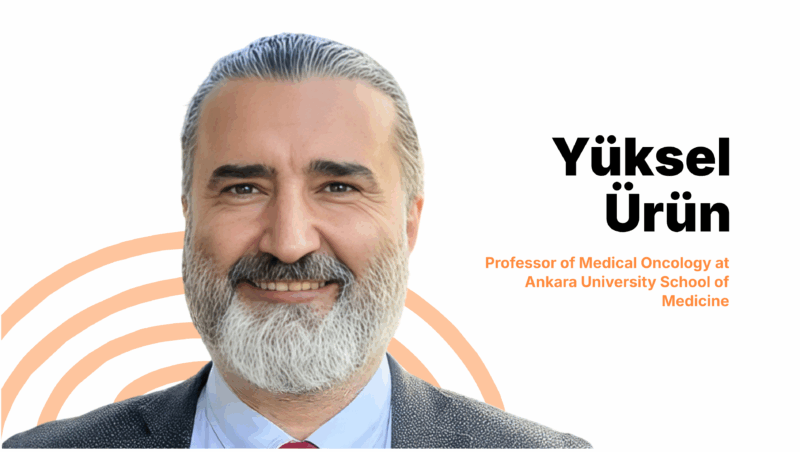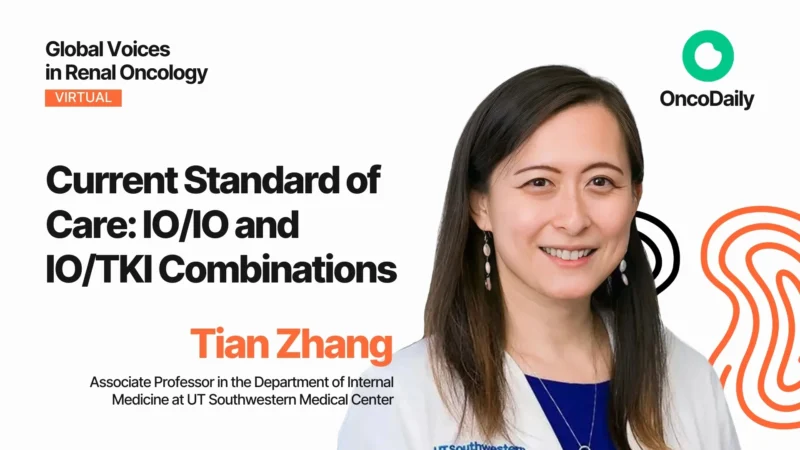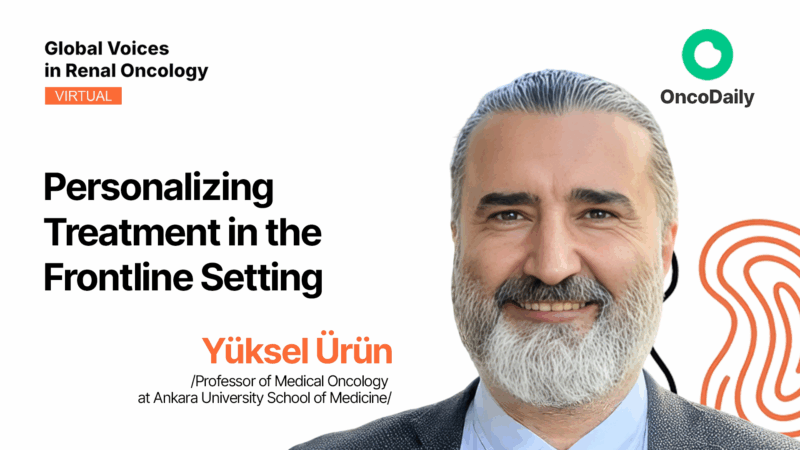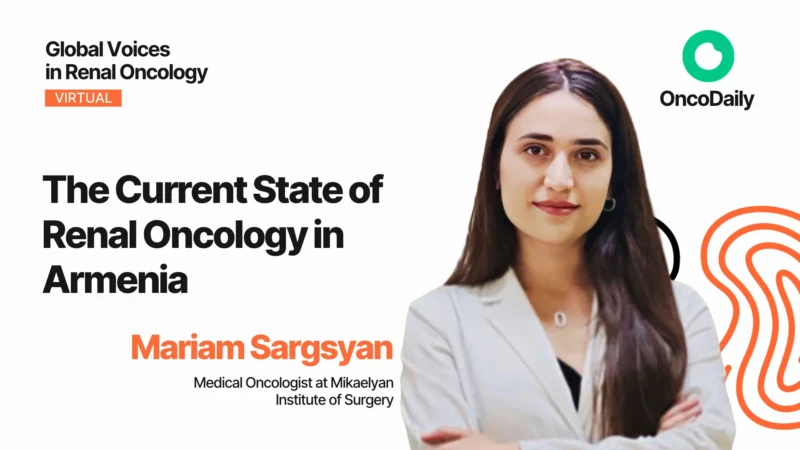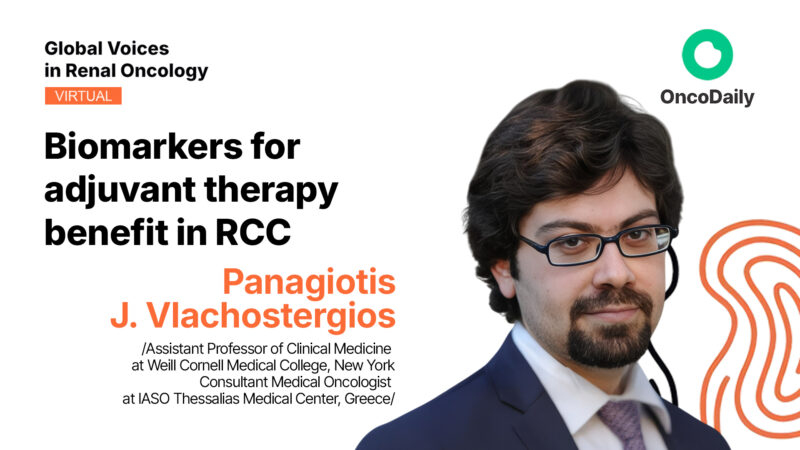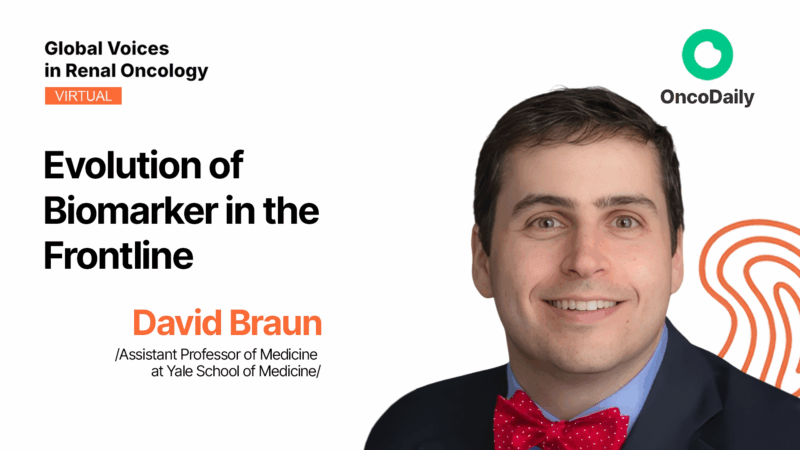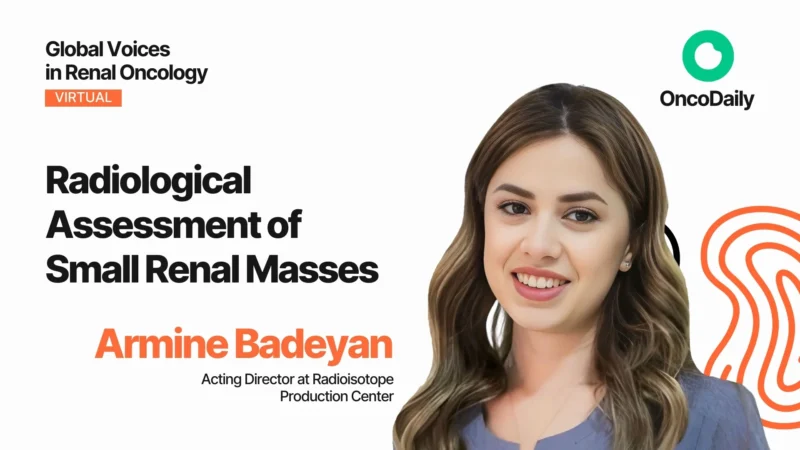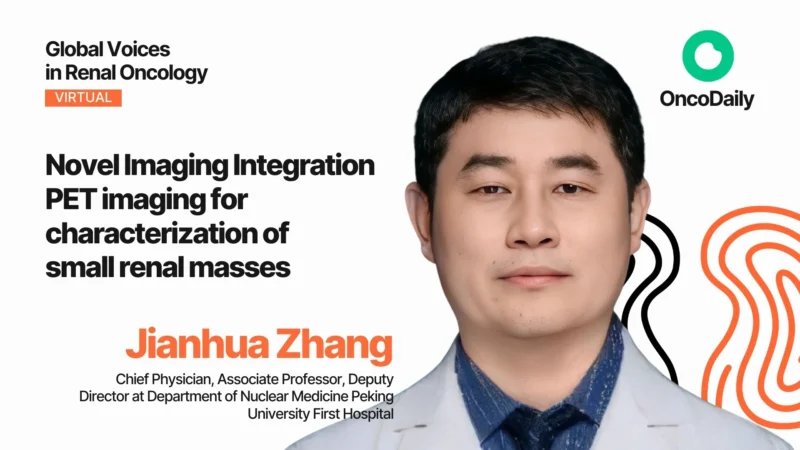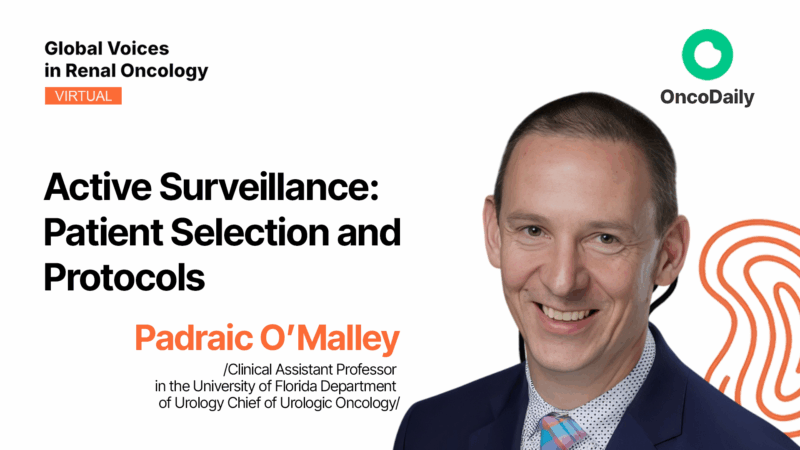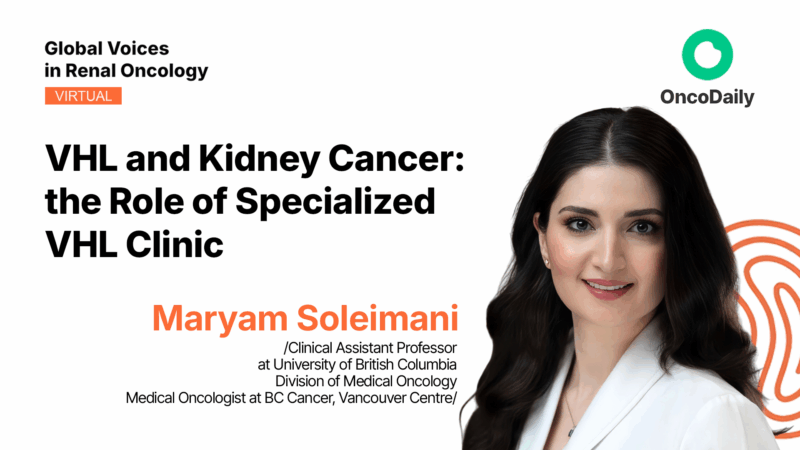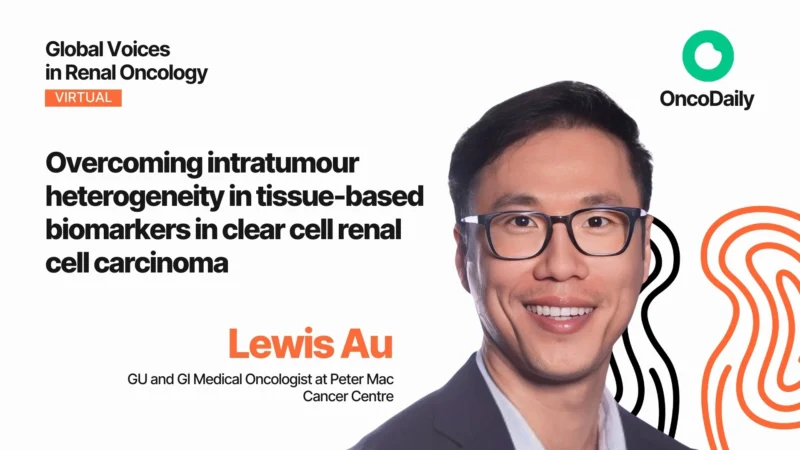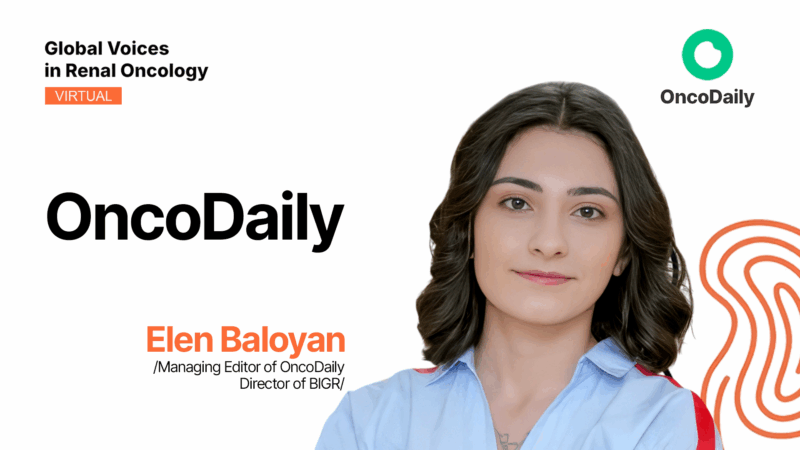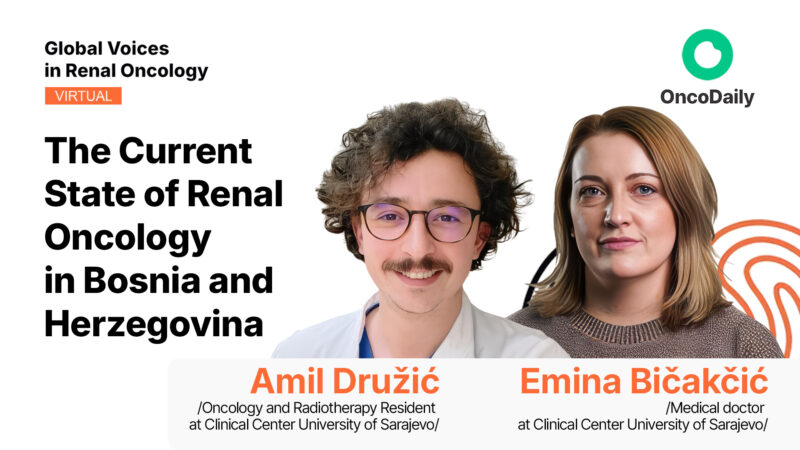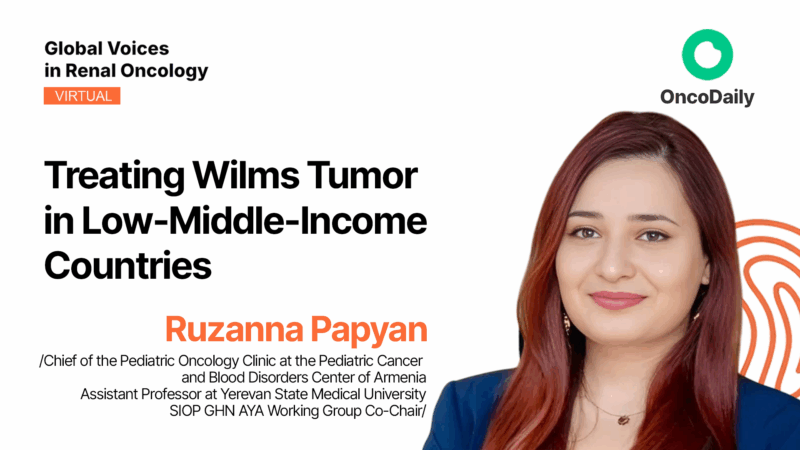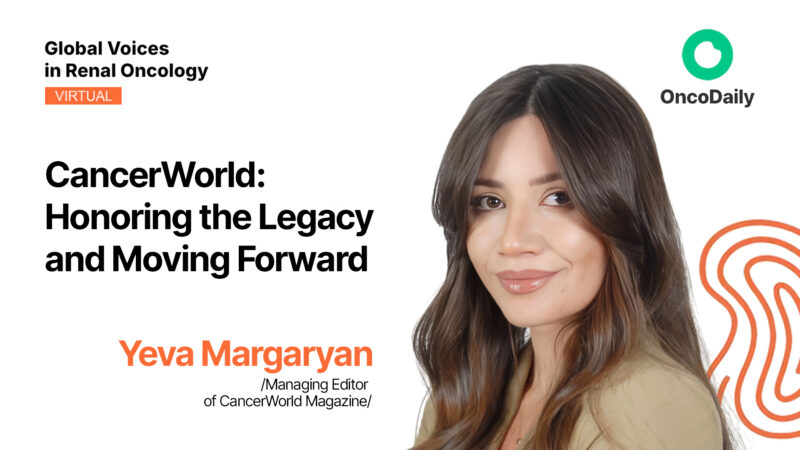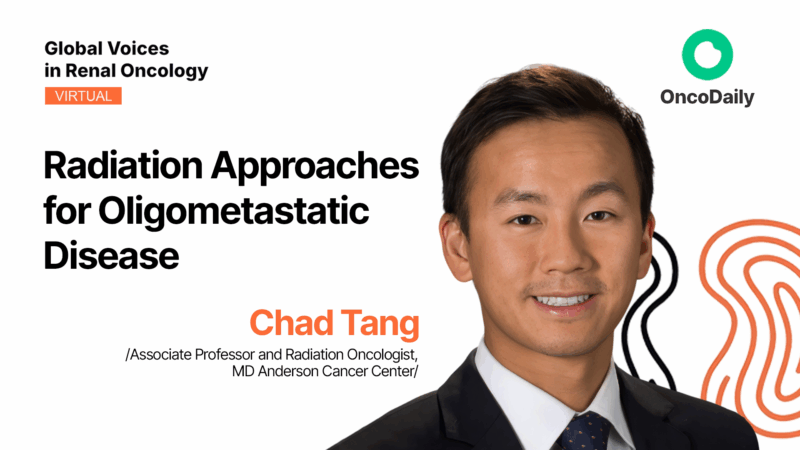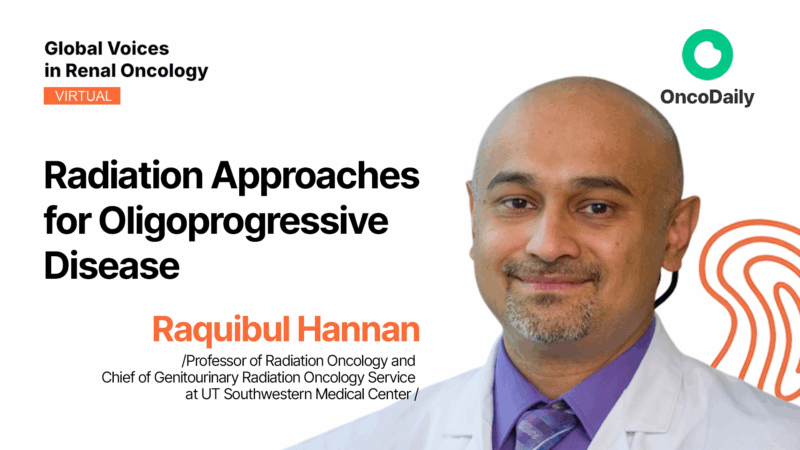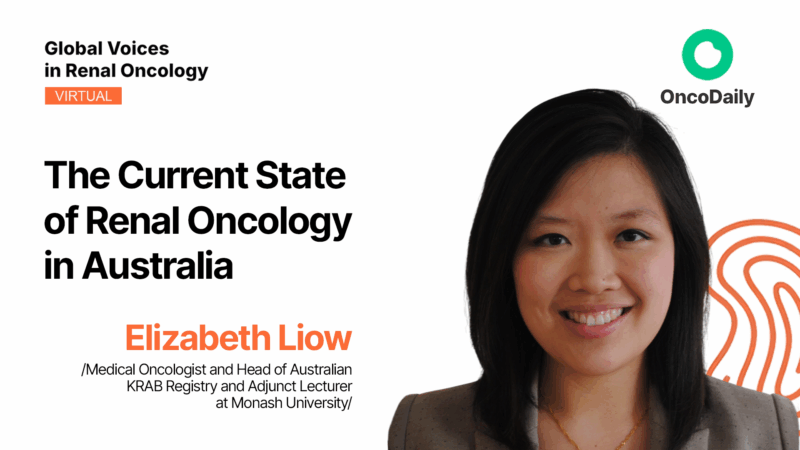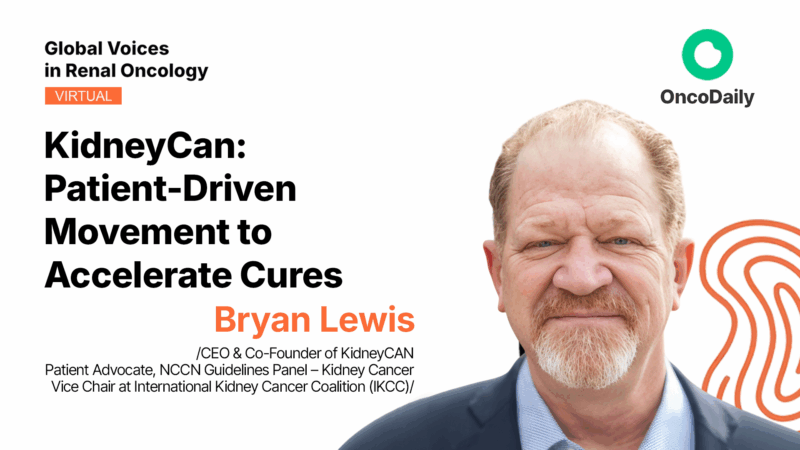The Global Voices in Renal Oncology (VIRO) Virtual Congress, organized by OncoDaily, is taking place on September 11-12, 2025. Chaired by Dr. Rana McKay with Dr. Yüksel Ürün as co-chair, the 2025 program brings together around 50 leading renal oncology experts from across the globe to share cutting-edge advancements, case-based insights, and diverse perspectives shaping the future of kidney cancer care.
Chair
Co-Chair
Yesterday, on September 11, the first day of VIRO 2025 unfolded as a dynamic program of discussions, case-based learning, and keynote talks. Over the course of the day, more than 20 speakers highlighted innovations, challenges, and future directions in renal oncology, with a special focus on bridging research and real-world practice.
The day began with Dr. Tian Zhang (USA), who set the stage by reviewing the current standard of care in advanced RCC, including IO/IO and IO/TKI combinations. She outlined how long-term survival data is reshaping frontline decision-making and emphasized the need for ongoing refinement of patient selection strategies.
Following this, Dr. Yüksel Ürün (Turkey), Professor of Medical Oncology at Ankara University School of Medicine, addressed the importance of personalizing frontline therapy, stressing how risk stratification, biomarkers, and comorbidities can guide IO- and TKI-based approaches tailored to individual patients.
The focus then shifted to national perspectives, as Dr. Mariam Sargsyan (Armenia), Medical Oncologist at Mikaelyan Institute of Surgery, presented the current state of renal oncology in Armenia, outlining both achievements and systemic challenges in delivering modern cancer care in a resource-limited setting.
Dr. Panagiotis J. Vlachostergios (Greece), Assistant Professor of Clinical Medicine at Weill Cornell Medical College, explored biomarkers for adjuvant therapy benefit in RCC, while Dr. David Braun (USA), Assistant Professor of Medicine at Yale School of Medicine, expanded on the evolution of biomarkers in the frontline with the talk on “Biomarkers for adjuvant therapy benefit in RCC”, highlighting how molecular signatures are increasingly informing treatment sequencing.
Toxicity management was the focus of Dr. Archana Ajmera (USA), Adult Nurse Practitioner at UC San Diego Health, who shared practical strategies for handling IO/TKI-related side effects, emphasizing patient education, early intervention, and multidisciplinary support.
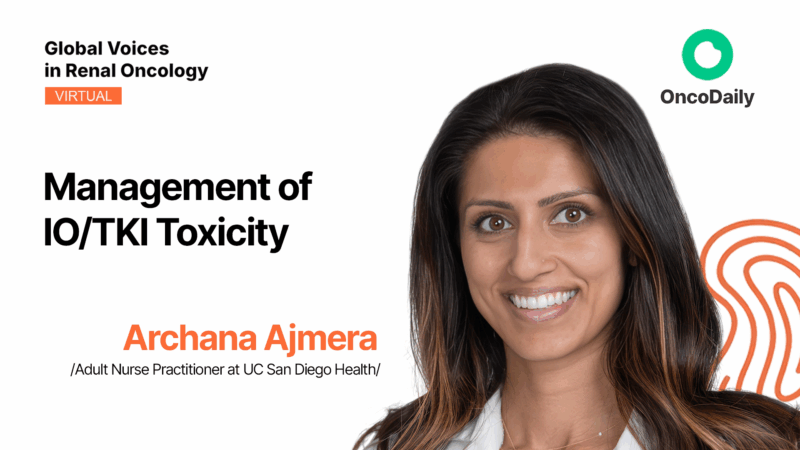
From a real-world perspective, Dr. Ilya Tsimafeyeu (Russia), Director at the Bureau for Cancer Research, presented data on treatment patterns and immunotherapy outcomes in Russian patients, underlining the gaps between trial efficacy and real-world performance.
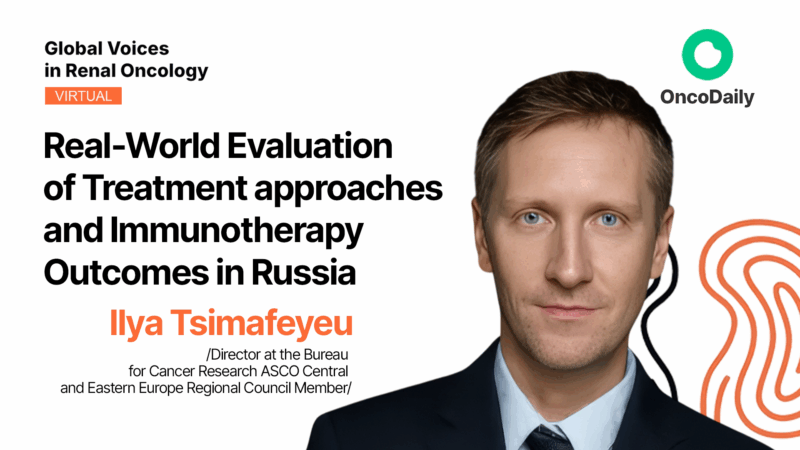
The imaging segment featured Dr. Armine Badeyan (Armenia), Acting Director at Radioisotope Production Center, who discussed the radiological assessment of small renal masses, followed by Dr. Jianhua Zhang (China), who introduced novel PET imaging integration for tumor characterization. Dr. Aristotelis Bamias (Greece) then provided an overview of the state of renal oncology in Greece, pointing to regional disparities in access and outcomes.
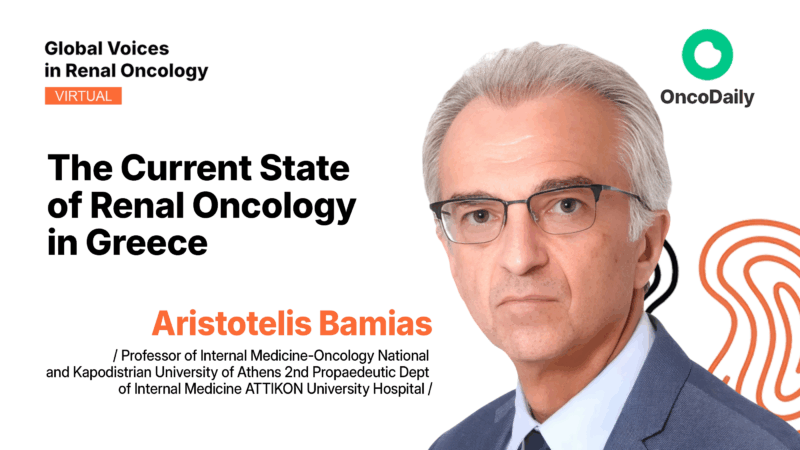
The late morning program shifted toward active surveillance strategies. Dr. Padraic O’Malley (USA), Clinical Assistant Professor in the University of Florida Department of Urology and Chief of Urologic Oncology, detailed patient selection and protocols for active surveillance, while Dr. Maite Bourlon (Mexico) moderated a case-based panel discussion on small renal masses, emphasizing multidisciplinary coordination in borderline cases.
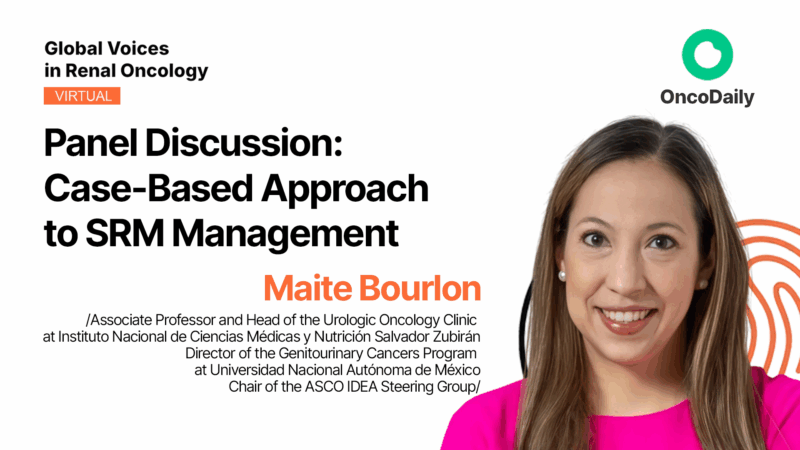
A key session followed with Dr. Maryam Soleimani (Canada), Clinical Assistant Professor at the Division of Medical Oncology of University of British Columbia, who addressed Von Hippel-Lindau disease and kidney cancer, stressing the transformative impact of belzutifan and the central role of specialized VHL clinics in improving outcomes through coordinated, holistic care.
Molecular heterogeneity was the focus of Dr. Lewis Au, GU and GI Medical Oncologist at Peter Mac Cancer Centre, who examined how intratumor diversity complicates biomarker use in clear cell RCC, underscoring the need for multi-region and longitudinal sampling.
Dr. Elen Baloyan (Armenia), Managing Editor of OncoDaily, then spoke on behalf of OncoDaily, highlighting the role of media in oncology knowledge-sharing.
A regional perspective came from Amil Družić, Oncology and Radiotherapy Resident at the Clinical Center University of Sarajevo, and Emina Bičakčić, Medical Doctor at the Clinical Center University of Sarajevo (Bosnia and Herzegovina), who mapped the current state of renal oncology in their country, stressing the urgency of improving access to diagnostics and systemic therapy.
The pediatric and young adult oncology block featured Dr. Ruzanna Papyan (Armenia) on treating Wilms tumor in low- and middle-income countries, followed by Dr. Paul A. Merguerian (USA) on the surgical management of renal tumors in children and young adults. This segment concluded with a panel led by Dr. Raya Saab (USA), who examined the unique challenges of pediatric renal tumors, from delayed diagnosis to multidisciplinary treatment gaps.
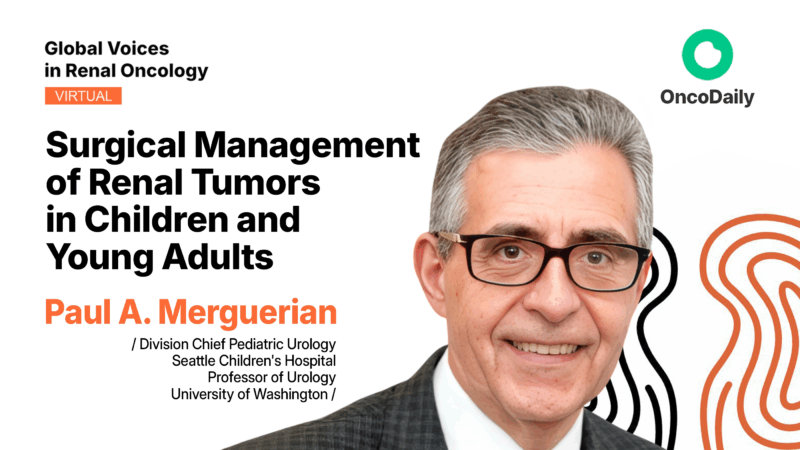
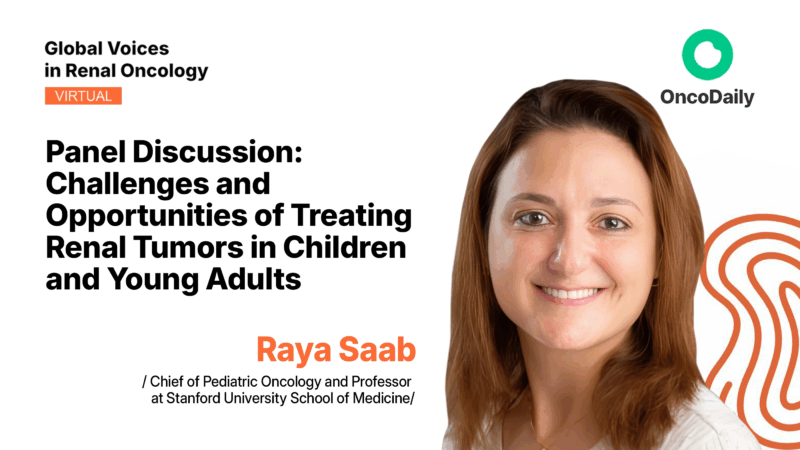
The afternoon continued with a broader oncology focus. Dr. Yeva Margaryan (Armenia), Managing Editor of CancerWorld Magazine, reflected on the legacy of CancerWorld magazine and its role in moving oncology journalism forward, while Dr. Chad Tang (USA), Associate Professor and Radiation Oncologist at MD Anderson Cancer Center, discussed radiation approaches for oligometastatic disease. This was followed by Dr. Raquibul Hannan (USA), Chief of the Genitourinary Radiation Oncology Service at UT Southwestern Medical Center, who provided insights into managing oligoprogressive RCC and balancing systemic and local treatment strategies.
The day’s case-based discussion was led by Dr. Yousef Zakharia (USA) in collaboration with Dr. Raquibul Hannan and Dr. Chad Tang, focusing on delayed CRN and consolidative SBRT. The session highlighted how SBRT is reshaping the role of radiation in RCC, with tumor location rather than size driving treatment decisions, and MR-guided technology improving safety and precision.
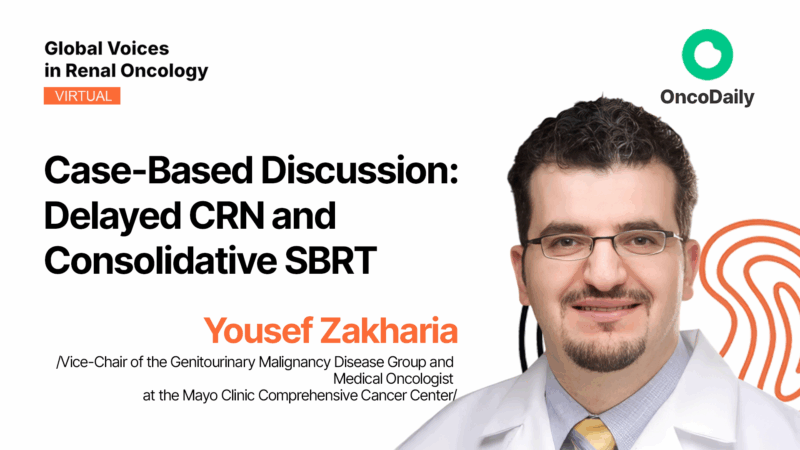
Closing the day, Dr. Elizabeth Liow (Australia), Medical Oncologist and Head of the Australian KRAB Registry, presented insights from the Australian KRAB Registry, which now includes over 1,000 patients. She discussed how registry data is shaping therapy sequencing, the integration of molecular tumor boards, and access challenges across the country. Finally, Bryan Lewis (USA), CEO and Co-Founder of KidneyCAN, delivered a powerful patient advocacy perspective, showcasing the impact of KidneyCan, a grassroots movement accelerating cures through policy change, funding advocacy, and patient engagement.
Day 1 of VIRO 2025 showcased the depth and diversity of global expertise in renal oncology, from biomarker innovation and imaging advances to pediatric care and patient-driven advocacy. The discussions underscored a central theme: bridging cutting-edge science with real-world implementation to improve patient outcomes worldwide.
Join us today on September 12 for the last day of the congress.
More on VIRO 2025 can be found on OncoDaily.
Written by Sergey Badalyan, MD


